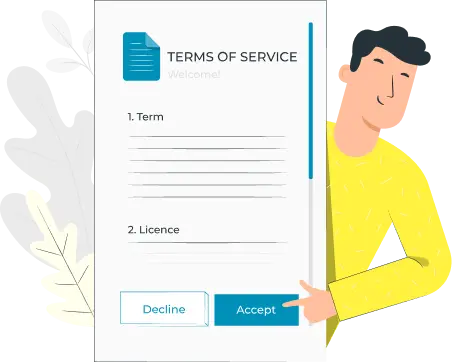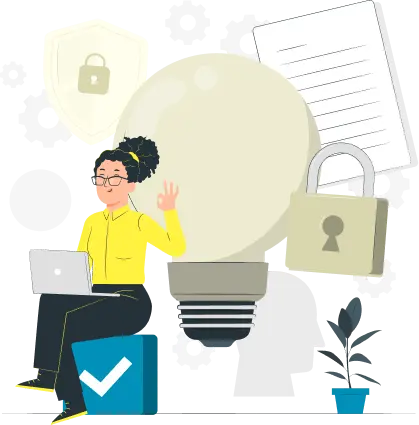Employee Assistance Program (EAP) is a workplace benefit designed to provide confidential support and counseling services to employees who are facing personal or professional challenges. These programs offer assistance with a wide range of issues, including mental health concerns, stress management, substance abuse, financial and legal problems, family difficulties, and work-related stress. EAPs aim to improve overall employee well-being, reduce absenteeism, and enhance productivity by offering resources and professional guidance to help employees navigate difficult situations, both in their personal lives and at work.
EAPs provide access to professional counseling and support for mental health, stress, and personal issues. By addressing these concerns, EAPs help employees maintain better overall well-being, which can lead to increased job satisfaction and improved quality of life.
When employees have access to resources that help them manage personal or work-related problems, they are less likely to experience burnout or absenteeism. This support can lead to improved focus and productivity at work.
EAPs offer conflict resolution and mediation services that can help resolve interpersonal issues between employees. By addressing these conflicts early, EAPs contribute to a more harmonious and collaborative work environment.
By investing in employee support programs, organizations demonstrate a commitment to their employees’ well-being. This can enhance employee morale, loyalty, and retention, ultimately contributing to the overall success and stability of the organization.
Employee Assistance Programs (EAPs) provide access to professional counseling and mental health resources, helping employees manage stress, anxiety, and other emotional challenges. This support can lead to improved mental well-being, which enhances overall job performance and satisfaction.
EAPs often offer services that address general well-being, including stress management, conflict resolution, and work-life balance. By assisting employees in dealing with personal issues, EAPs help foster a more positive work environment, leading to higher job satisfaction and motivation.
By providing access to support and resources, EAPs can help decrease rates of absenteeism and employee turnover. Employees who feel supported are more likely to remain with the company and be engaged in their work, which reduces the costs and disruptions associated with high turnover.
EAPs contribute to building a positive and inclusive workplace culture by demonstrating a commitment to employee well-being. This supportive environment can enhance the company's reputation as a caring employer, aiding in attracting and retaining top talent.
One common mistake is failing to effectively communicate the availability and benefits of the EAP to employees. Without proper awareness, employees may not utilize the program, reducing its overall effectiveness. Ensuring that employees are well-informed and regularly reminded about the EAP is crucial for its success.
Another error is not ensuring robust confidentiality practices. If employees perceive that their personal information may not be kept confidential, they may be hesitant to use the EAP. Implementing strict confidentiality protocols and clearly communicating these measures can build trust and encourage utilization.
Providing inadequate access or resources can also undermine the effectiveness of an EAP. If the program offers limited services or is not easily accessible, employees may not receive the support they need. Ensuring that the EAP offers a comprehensive range of services and is easily accessible is essential.
Failing to integrate the EAP with existing company policies and practices can create inconsistencies and confusion. The EAP should be seamlessly incorporated into the company’s overall approach to employee well-being and aligned with HR policies to ensure cohesive support and benefits for employees.
Disclaimer: This article and all information in it is provided for general informational purposes only. It does not, and is not intended to, constitute legal or tax advice. You should consult with a qualified legal or tax professional for advice regarding any legal or tax matter and prior to acting (or refraining from acting) on the basis of any information provided on this website.
Choose Glints TalentHub as your partner in Southeast Asia.
Building your Team in
Southeast Asia with Glints' EOR Service

Rapid
Team Setup
Launch Southeast Asian operations in a week for a seamless start

Full Suite of HR Offerings
Launch Southeast Asian operations in a week for a seamless start

Guaranteed 100% Compliance
Ensure total HR and legal compliance with expert local guidance

Dedicated & Immediate Support
Get quick, dedicated HR support within 24 hours